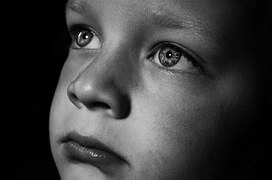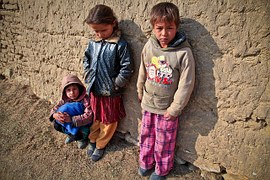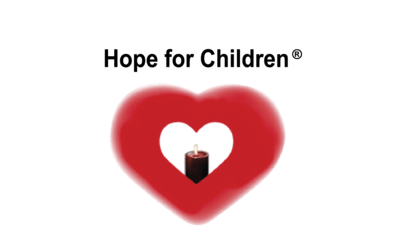Why Should We Be Hopeful?
Posted by Patricia on Oct 5th 2016
Why should we be hopeful about domestic violence and sexual assault since statistics evidence this epidemic as worldwide tragedies of staggering proportions. Countless families have been, and continue to be, devastated by this sin. Yet, there is reason to be hopeful. People everywhere are standing up to say, “Sexual assault and battering is not right, it is not acceptable, and it is not a private family matter.” Police, legislators, judges, and prosecutors give official voice of society’s disapproval. Social workers, teachers, medical professionals, and mental health experts also condemn the once secret abuse that has inflict irreparable damage in so many families. The same grassroots organizers who first brought to light the widespread devastation wrought by such violence, many survivors of violence themselves, continue their dedicated work to protect victims, punish and/or treat abusers, and prevent further destruction.

Hopeful by Combining Talent
Perhaps the most heartening fact is that all these people, along with others who care, are coming together to combine their talents and coordinate their efforts to end domestic violence – and progress is being made. Not only is change apparent in the growing variety and effectiveness of services available to law enforcement, abusers and victims caught in the cycle of violence, but a change in public attitudes is increasingly clear. Fewer ask, “Why doesn’t she just leave?” Working collaboratively with many different groups, educating the public, and changing offender behavior will help prevent domestic abuse and the sexual abuse of children, and perhaps make us hopeful for the next generation.

Epidemic – Preventable Public Health Problem
Neither is a disease, but both result in injury. The multiple negative health outcomes and the numbers of people affected by these problems demonstrate that we are dealing with an epidemic. Contrary to popular opinion, public health is not just about responding to illnesses like AIDS, it is about promoting health and curbing the ill effects of individual and social behavior which can lead to a wider poor health outcome among communities. We must recognize that the sexual abuse of children and domestic violence are preventable public health problems. Abuse affect the victim, the abuser, the family and the community surrounding them. These are not isolated incidents; they have a physical, emotional and systemic ripple effect. Like stones dropped in water, sexual abuse and domestic violence spread multiple ills through the community from the epicenter of affected parents, children and intimate partners.
Everyone must be hopeful and be involved in stopping abuse for the sake of our families and communities. A prevention plan will be most successful with the collaboration of many individuals including survivors, medical professionals, law enforcement, educators, clergy, childcare providers, concerned donors, victim advocacy groups, and reformed abusers. Individuals must be empowered within their own towns, families, churches, community centers, businesses and school to make effective changes.
Abuse is Perpetuated by Inaction
Do you understand the meaning of, “Abuse is perpetuated by inaction.” This starts with you the reader of this information. Should you read this, and do NOTHING, yes, you are part of the group perpetuating child abuse by inaction, doing nothing. You must do something, to help stop child abuse.
In the past, a cultural conspiracy of silence has shielded child sexual abuse and domestic violence from public view. Breaching the wall created by silence requires us to talk about sexual relationships. For many, this means breaking social and cultural taboos and crossing into frightening, unfamiliar territory. This prevention course seeks to provide hopeful and helpful techniques for those who desire preventing victimization of children and adults.
I cannot thank you enough for your time and concern,
Hope For Children Foundation Board of Director Members

